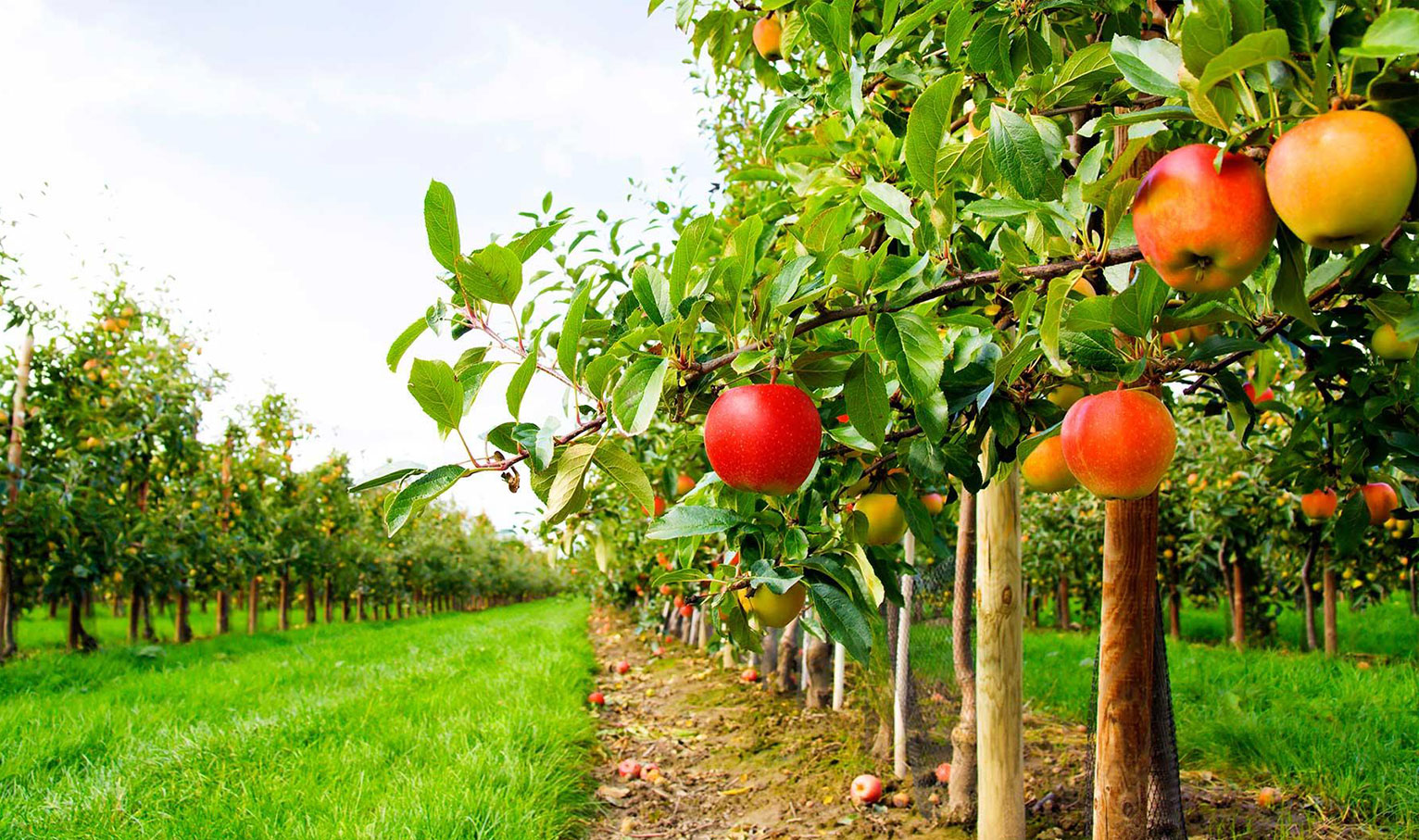
The Produce Safety Rule Exemptions & Variances
Food safety standards in the U.S. have remained the same for a long time, but changes are finally being implemented for the first time in over 70 years.
Three new “rules” have been established that will undoubtedly affect manufacturers and suppliers all around the globe; the Produce Safety Rule, Foreign Supplier Verification Programs, and Accredited Third-Party Certification. We know from our recent blog posting that the Produce Safety Rule will affect water & soil requirements, sprouts, animals, and worker regulations. However, there are some exemptions that will determine if - and when - you need to make changes to suit these requirements.
|
According to the FDA,the Produce Safety Rule does not apply to: - Produce used on-farm consumption or personal consumption - Farms that have an average annual of $25,000 and under during the last three-year period - Produce that is not in its raw state and not considered a raw agricultural commodity - Grains like oats, rice, wheat, barley, etc. - Produce that the FDA has determined to be rarely consumed in its raw state, such as navy beans, garden beets, cashews, chickpeas, and pumpkins. A full list of exempt produce can be found on the FDA website. |
The Produce Safety Rule also includes some variances which allow tribes, states, and foreign countries importing food to submit a variance request. It must be proven that growing conditions aren’t suitable for completing the requirements, and that steps will be taken to guarantee that the produce adheres to the same health & safety regulations as the equivalent requirements.
No matter where you are or what type of produce you’re growing, it’s important to stay informed about the growth of the food safety movement. Following the Food Safety Modernization Act – Produce Safety Rule guidelines will not only protect consumers, but will ultimately protect your business as well.

